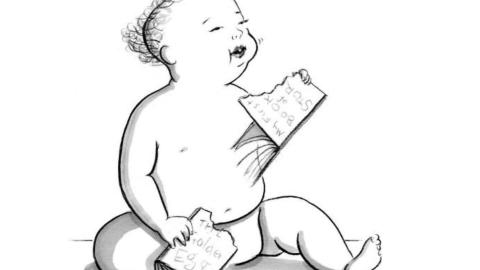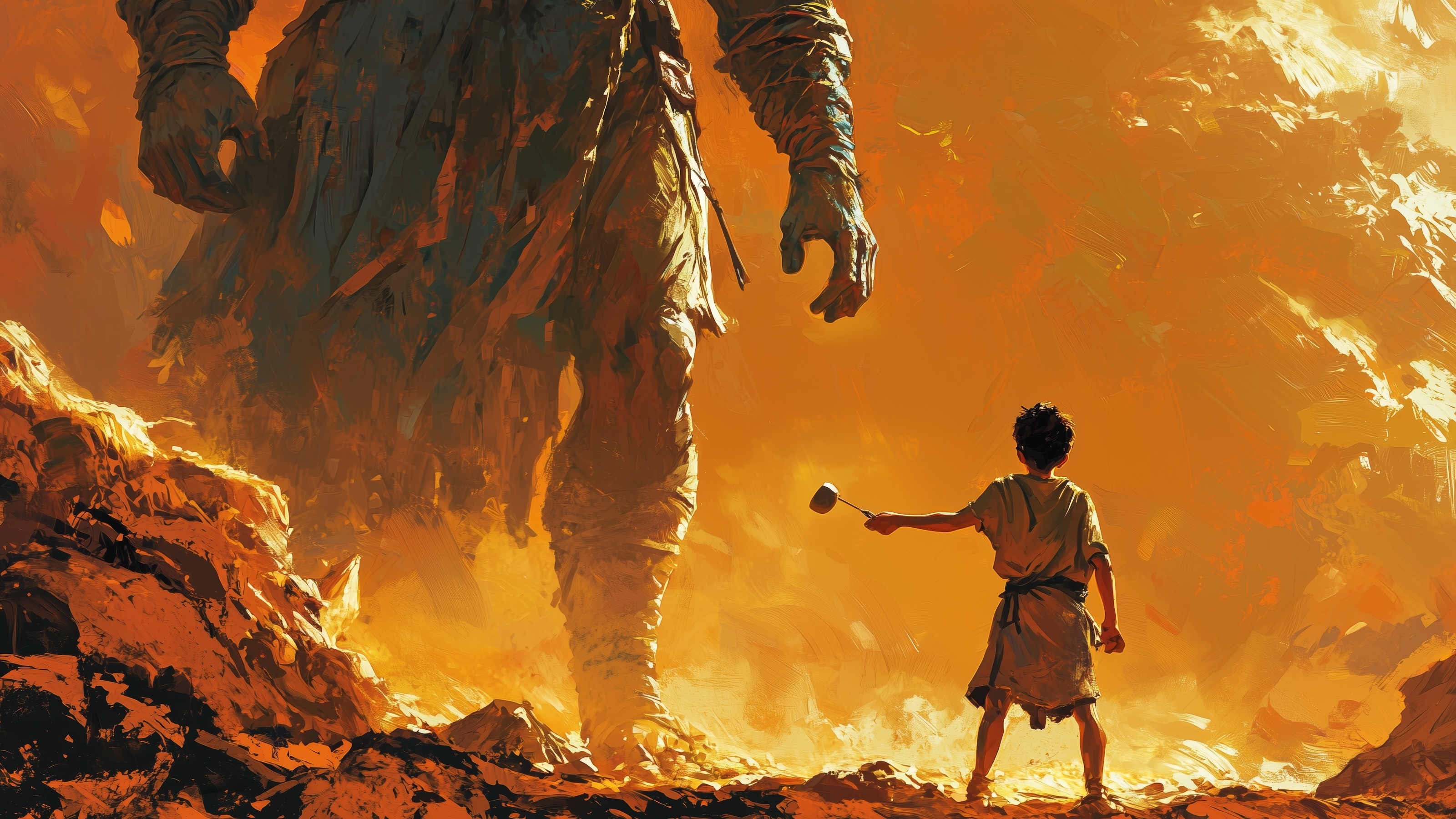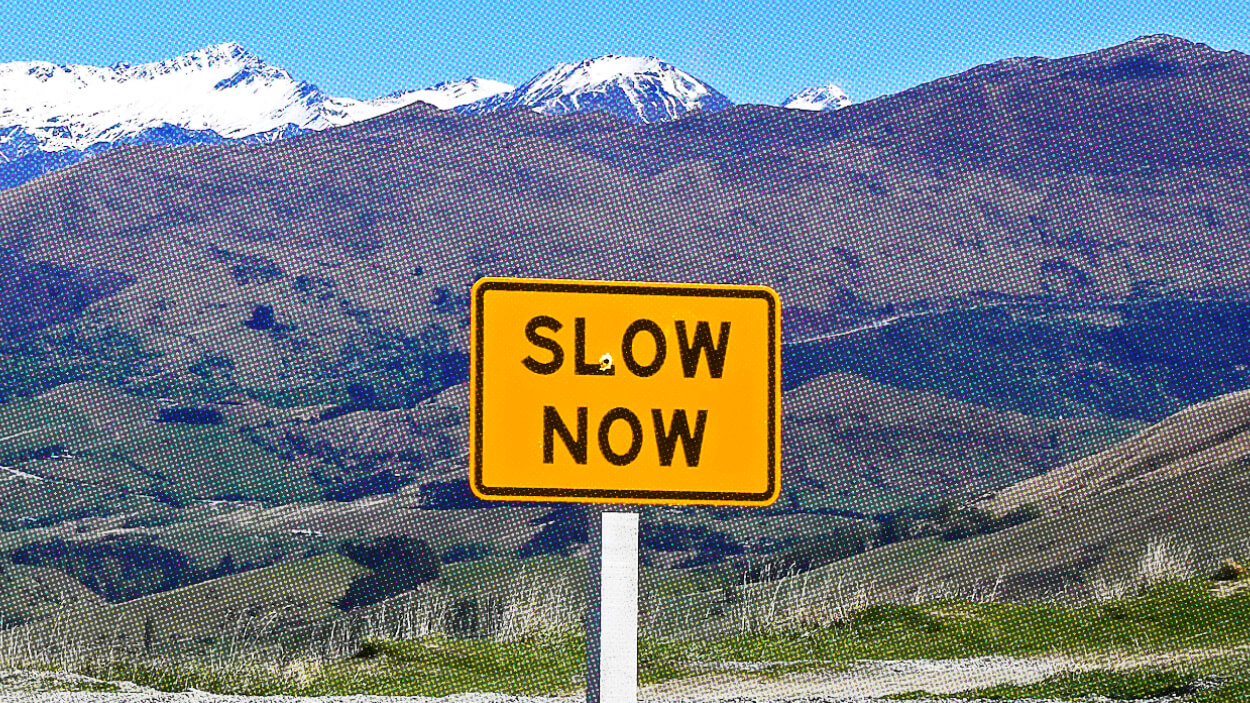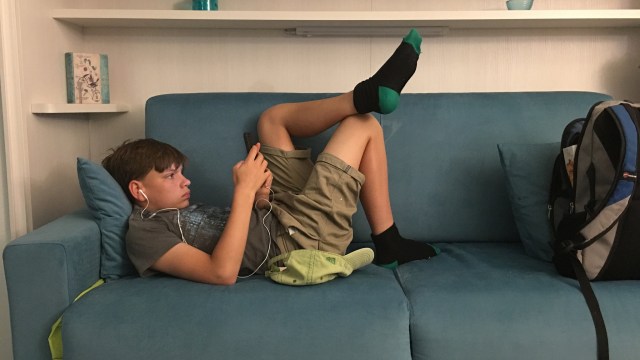How Stories Configure Human Nature

1. It is in our nature to need stories. We arrive “biologically prepared” for them. They were evolutionarily crucial. We feel and think in story-logic (story-causality configures our reaction-biology).
2. Like our language instinct, a story drive—inborn hunger to hear and make stories—emerges untutored (=“biologically prepared”).
3. “Every culture bathes its children in stories“ (to explain how the world works, to educate their emotions).
4. Story patterns are like another layer of grammar—language patterning the character types, plots, and norms important in our culture.
5. Stories free us from the limits of direct experience, delivering feelings we don’t have to “pay for” (~like simulated people-physics experiments).
6. “Stories the world over are almost always about people… with problems.” Story = character(s) + predicament(s) + struggles(s).
7. Story patterns transmit, often tacitly, social rules and norms (e.g., what constitutes violation, or what reactions are expected/approved).
8. The “human mind is a story processor, not a logic processor.” We can use logic inside stories better—consider Wason’s Test, ~10% solve it as a logic puzzle, but 70-90% do when it’s presented as a story, involving social-rule cheating.
9. Social-rule monitoring was evolutionarily crucial (“other people are the most important part of our environment”).
10. Social acceptance shaped ancestral survival. Violating social rules could mean exile or exclusion from group benefits (protection, big-game, etc).
11. Darwin saw how biologically active the stories in our social environments are—“Many a Hindoo…has been stirred to the bottom of his soul by [consuming] unclean food.” But if eaten unknowingly, it wouldn’t cause that reaction.
12. The story of the food, not the food itself, causes “soul shaking.” Story-causality triggers our emotional biology (our physiology can interact with stories like they’re real threats).
13. Stories configure the emotional/physiological triggers and reactions expected in our culture (patterns that are like an “emotional grammar”).
14. Any story we tell of our species, any science of human nature, that ignores how important stories are in shaping what and how we think and feel is false.
15. Nature shaped us to be ultra-social (and self-deficient). Hence to care deeply about character and plot.
—
Illustration by Julia Suits, author of The Extraordinary Catalog of Peculiar Inventions, and The New Yorker cartoonist.





